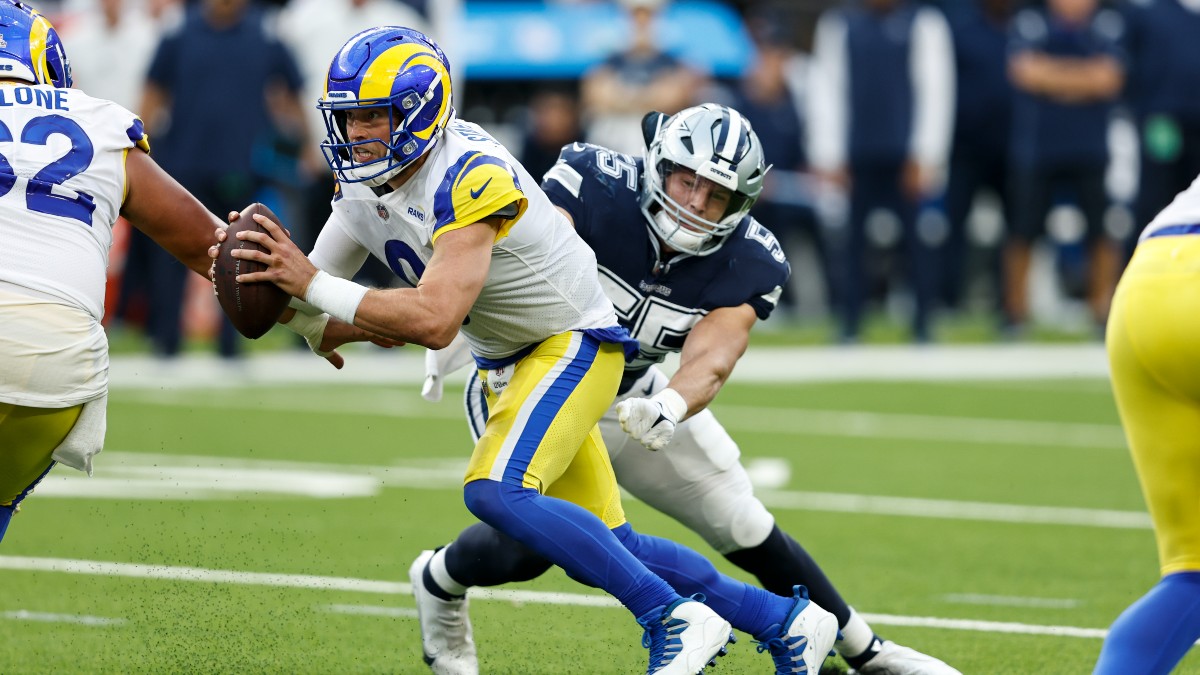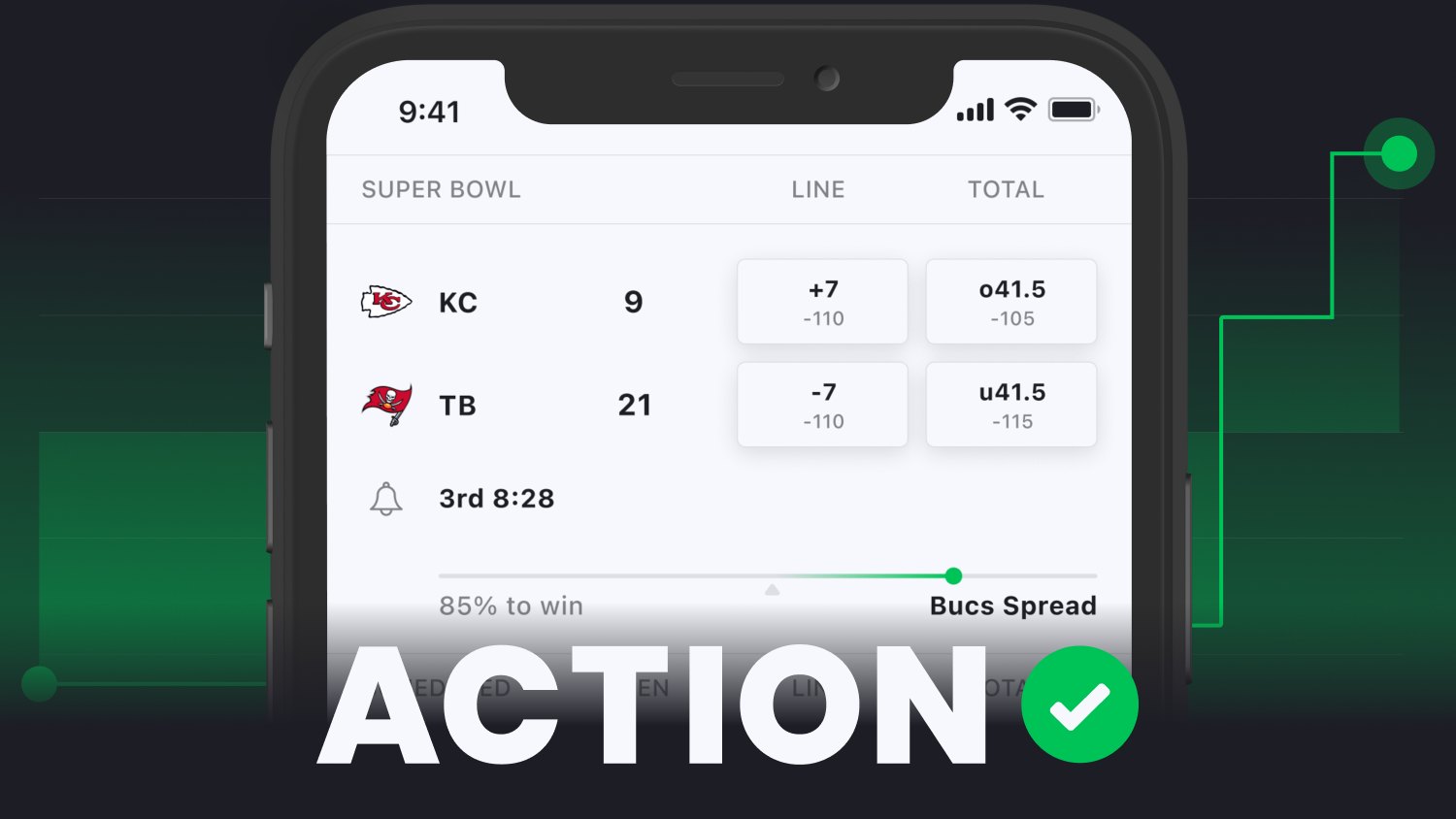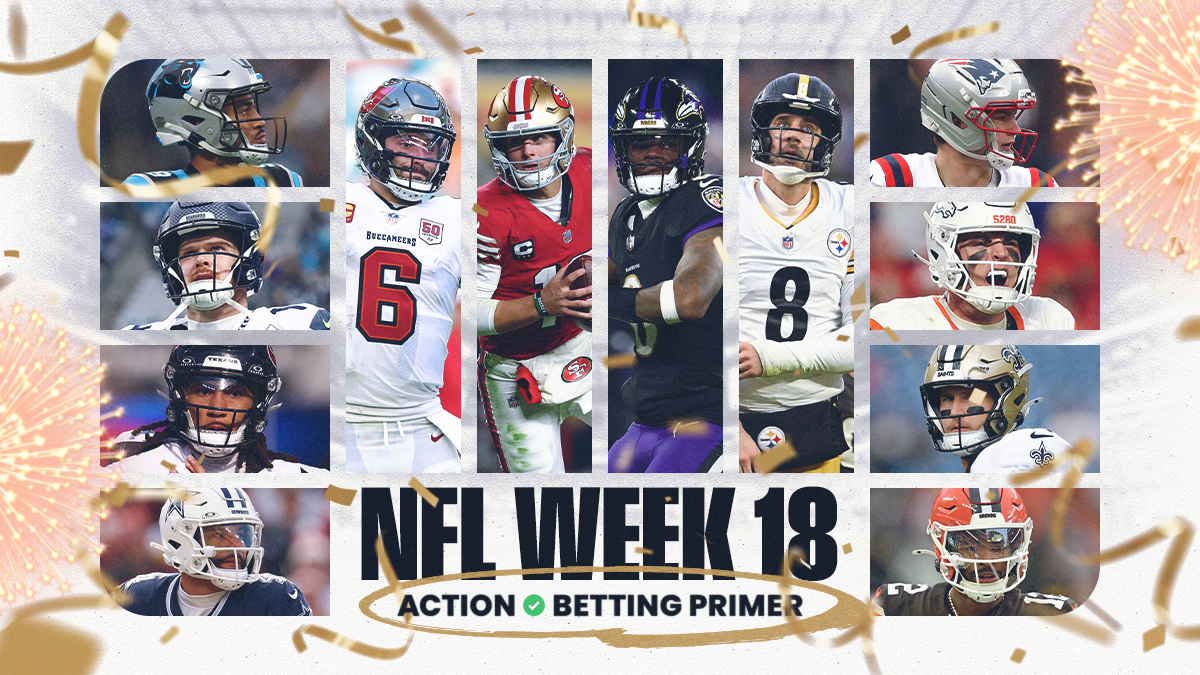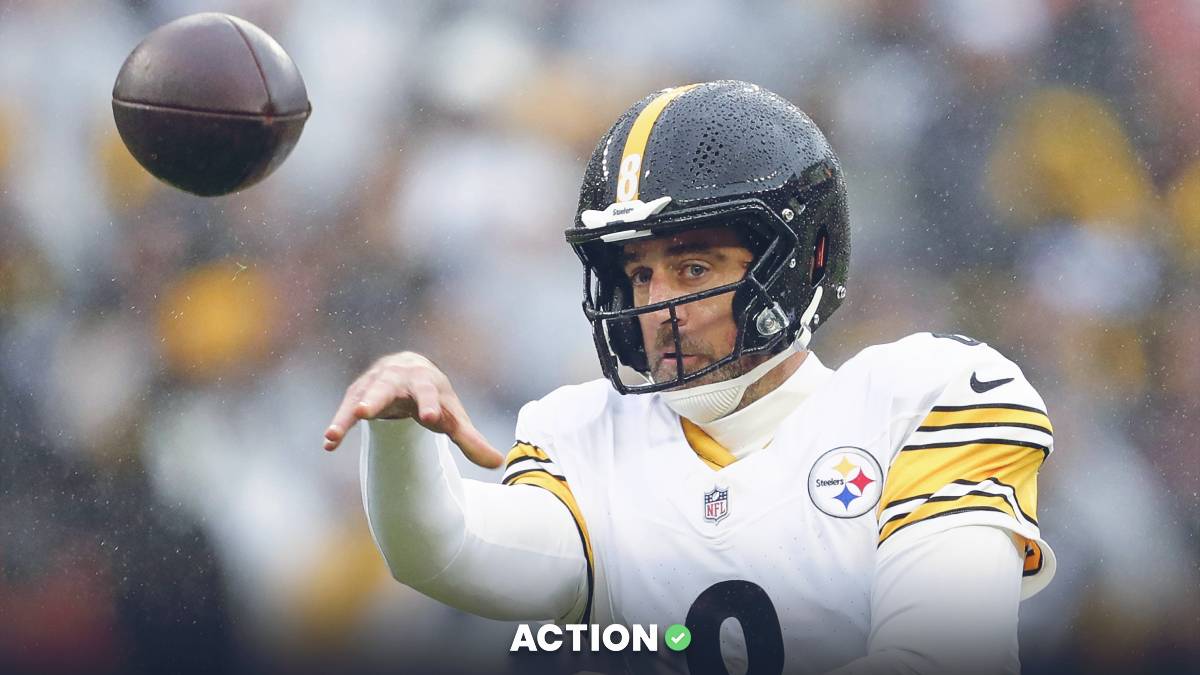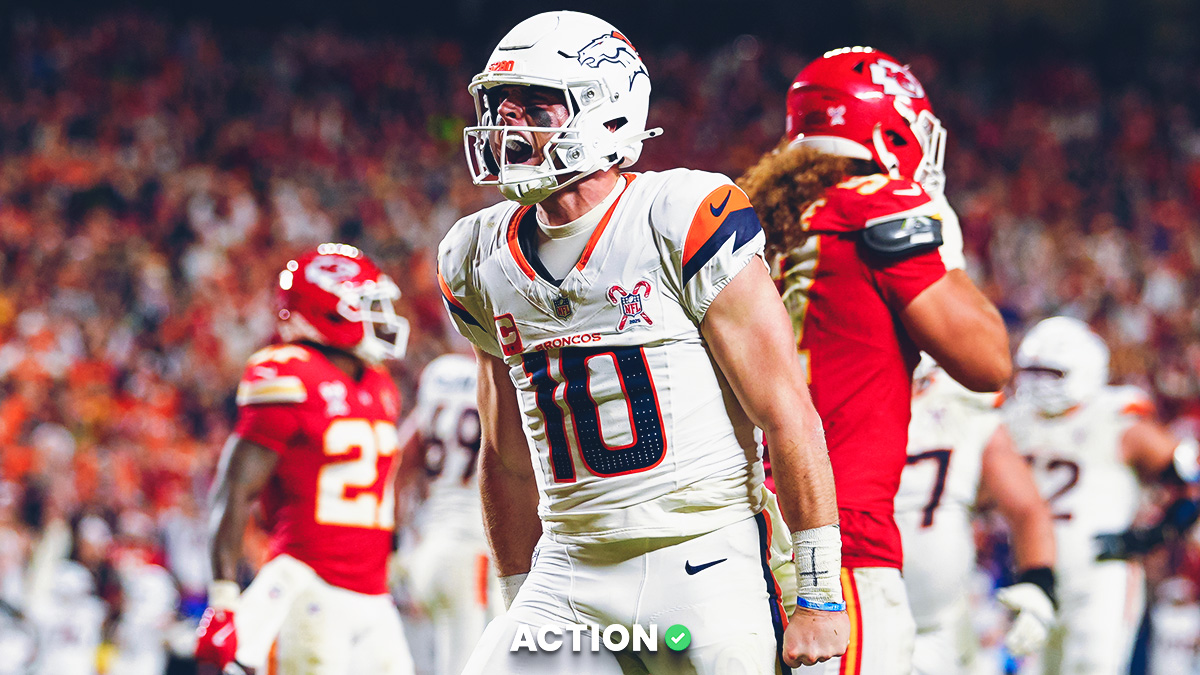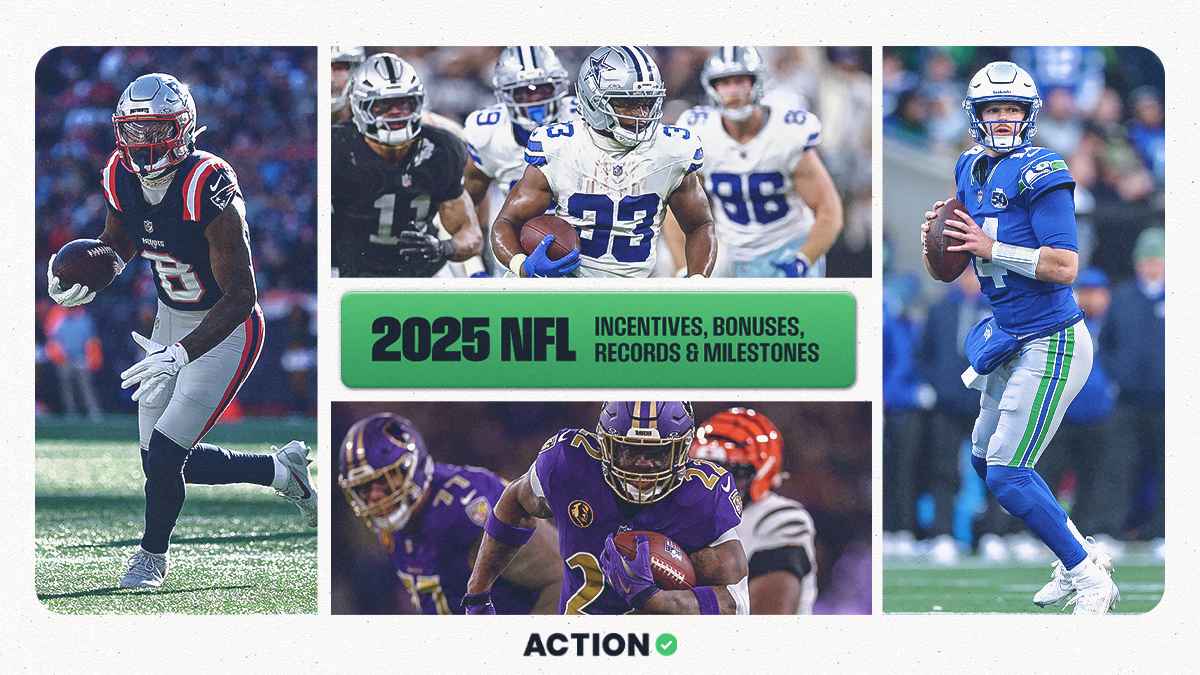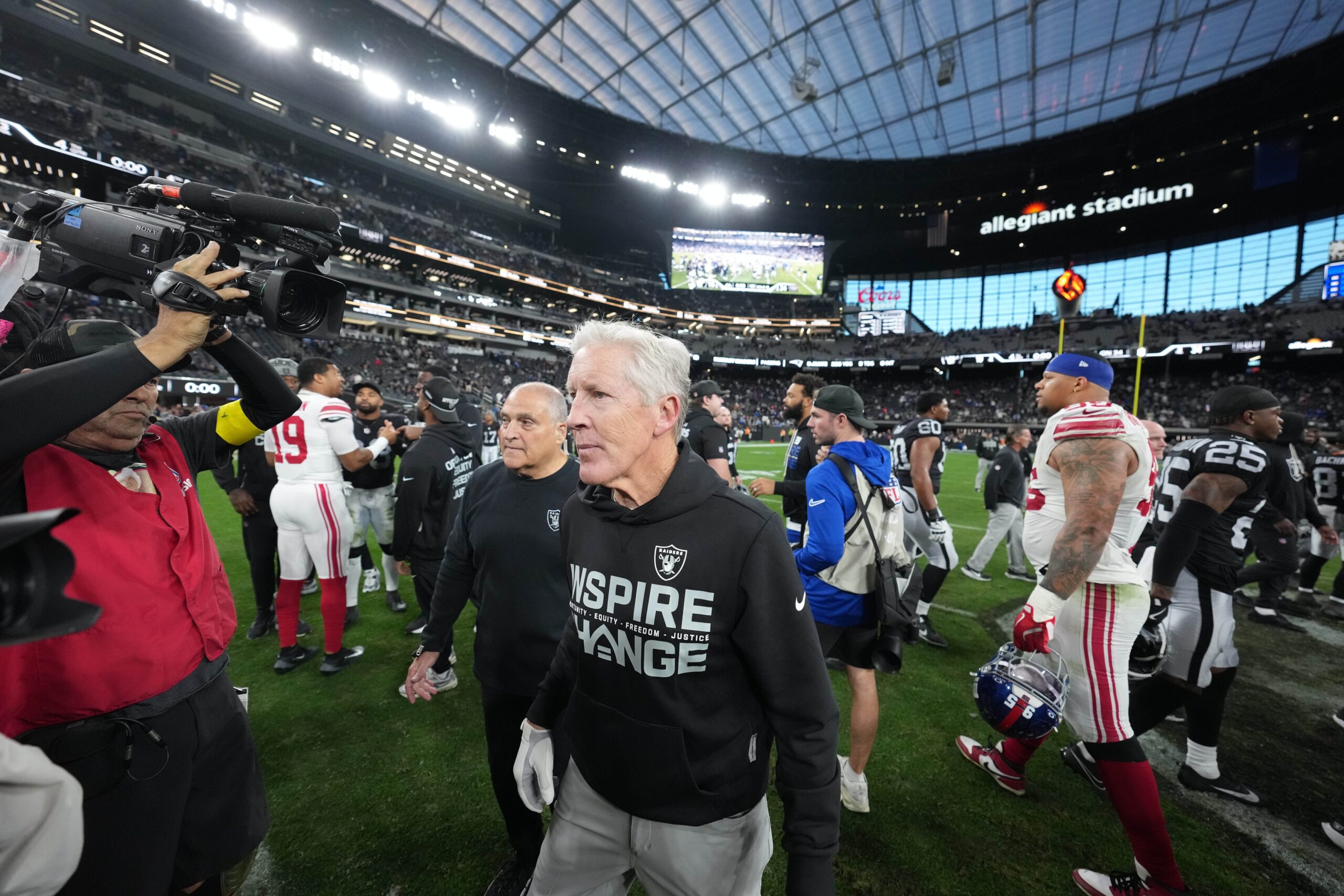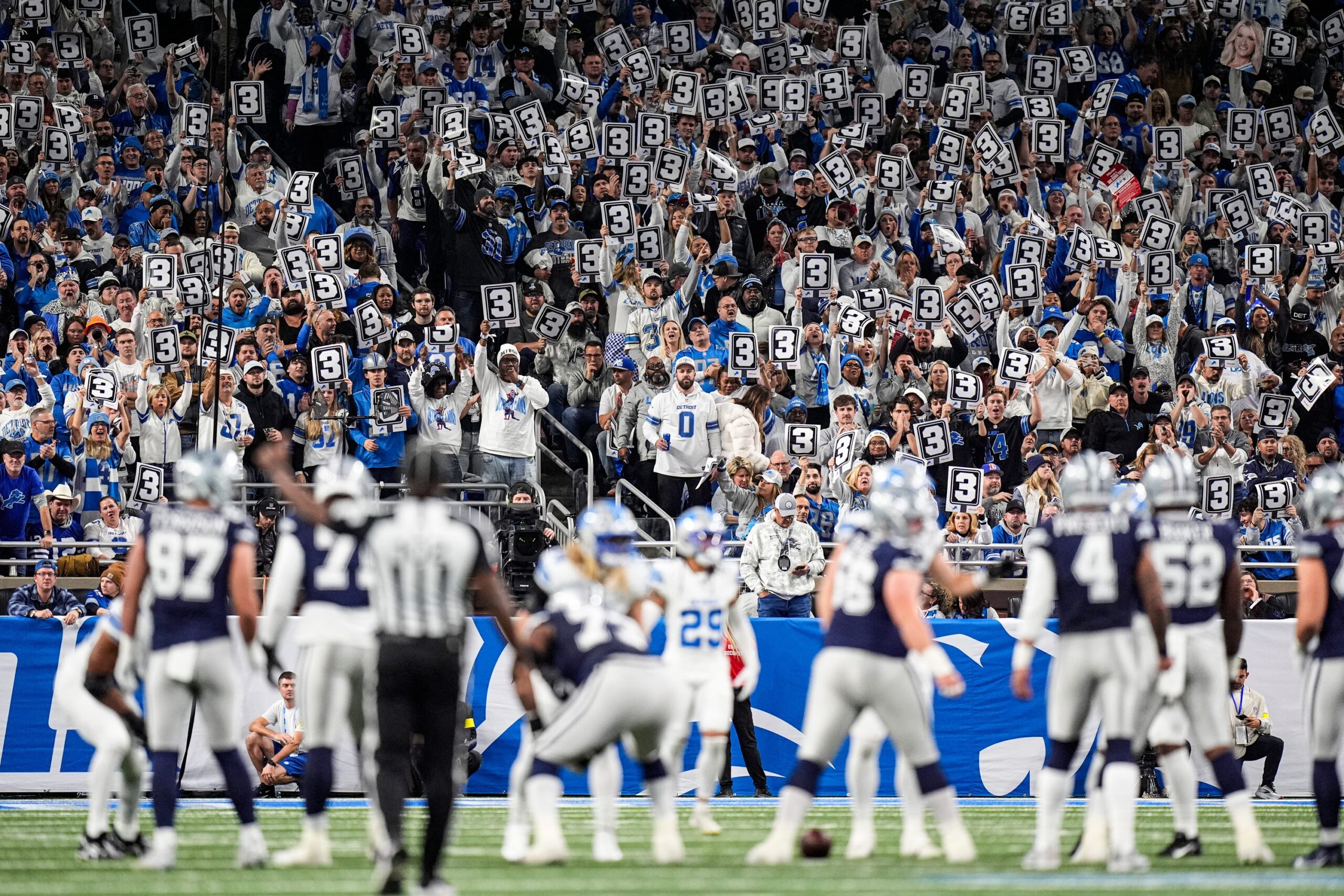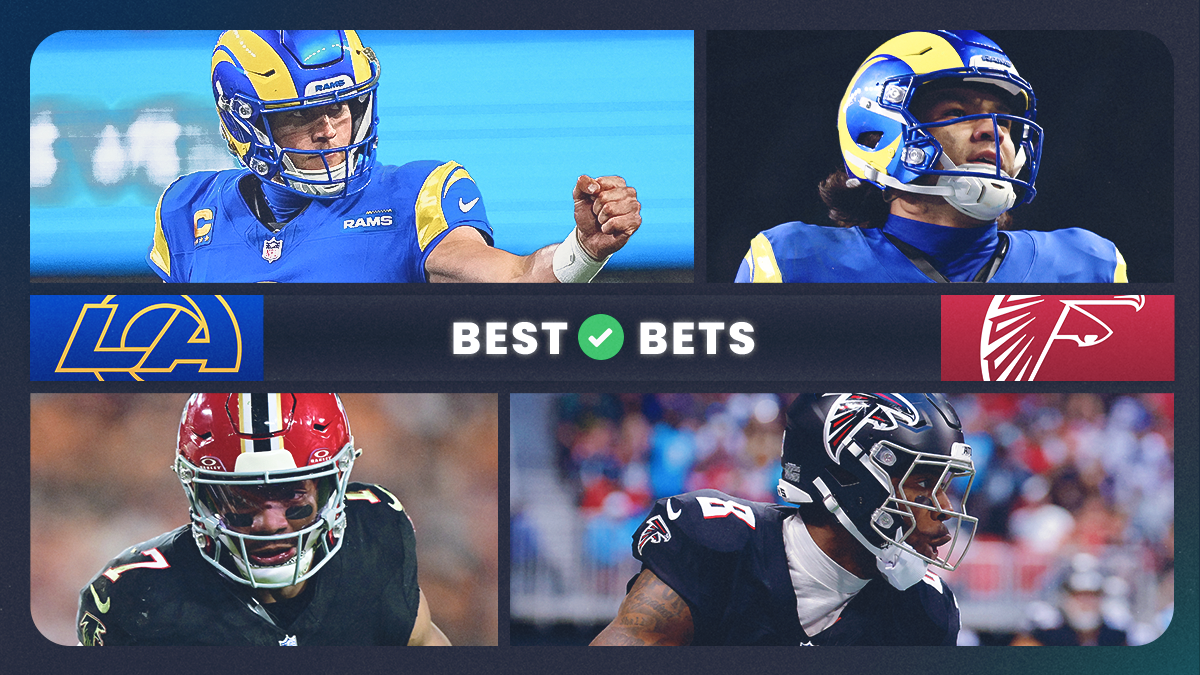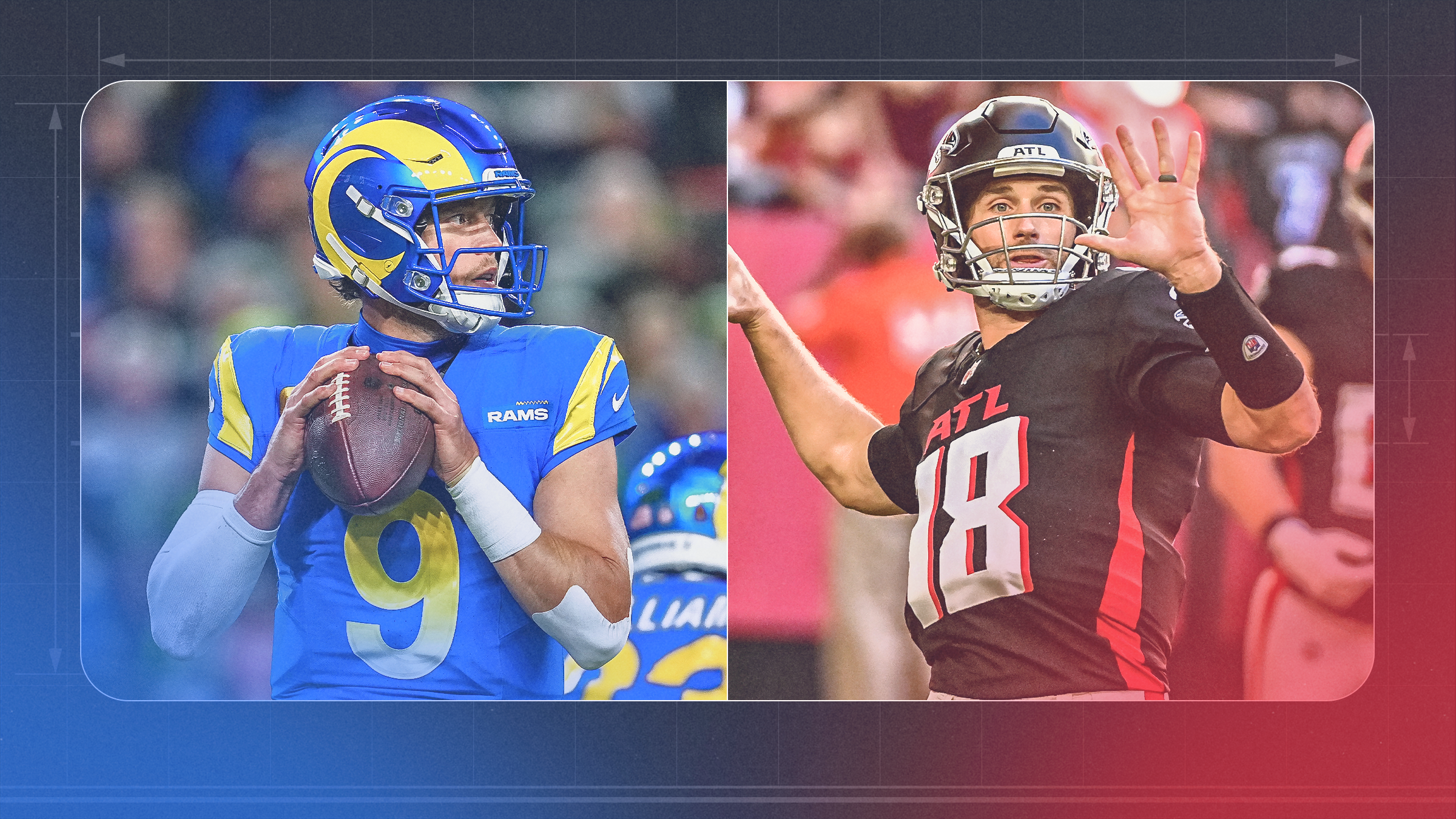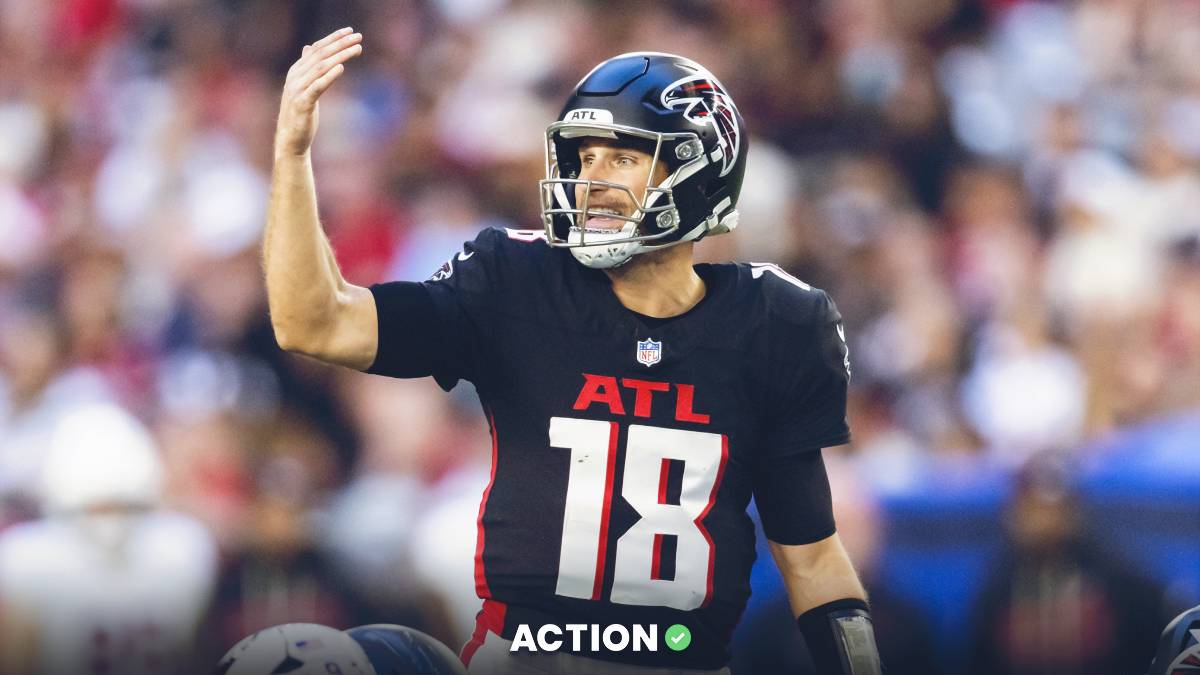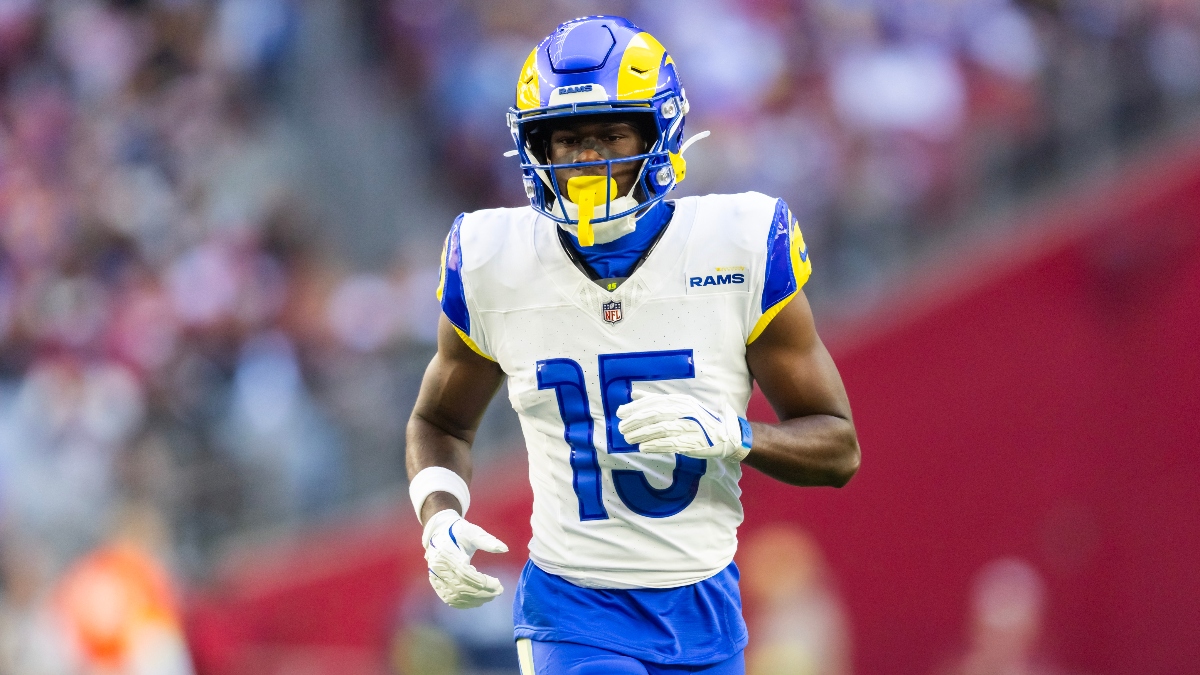Bad beats? We've all been there.
Perhaps it's the 99-yard pick-six late in the game for the backdoor cover.
Or maybe the five lateral play that resulted in a safety costing you your hard earned money.
While those stick in our minds as bad beats — and with good reason! — there are bad beats hidden much deeper in the data that go unnoticed.
Identifying and quantifying these hidden bad beats are one tool in the toolbox to make us better bettors going forward.
So, let's redefine the NFL bad beat.
The Hidden Luck Factor
Our Predictive Analytics team recently rolled out our inaugural NFL Luck Rankings as a tool to use when evaluating possible football bets you want to make.
These rankings factor in a lot of things, but they are largely focused around quantifying a team's on-field performance and comparing it to the actual game score.
As an example, let's say the Dallas Cowboys are playing the Los Angeles Rams, and the Cowboys win 22-10 despite being 5.5-point underdogs.
Hypothetically, you backed the Rams to cover the 5.5-point spread in this game.
In the classical sense of bad beat, you wouldn't call losing by 12 and failing to cover by 17.5 points a bad beat.
But what if I told you the way these teams actually played on the field was much closer. In fact, what if I told you based off the start of every play, the Rams should have won the game by seven points and covered!
Now, I bet you feel a whole lot worse!
An NFL Bad Beat Story
That's precisely what happened in Week 5 of the 2022 NFL season.
The Rams out-gained the Cowboys in yardage by nearly 100 yards this past Sunday. They also produced four more first downs.
But the Rams also did these things:
- Missed a field goal
- Turned the ball over three times
- Failed to recover all four fumbles
That's some bad luck in spots that – if replayed many times over – don't ordinarily go that way.
Meanwhile, on Dallas' end, the Cowboys:
- Scored a 57-yard touchdown
- Recovered a Rams fumble for a TD
That's some tremendously good luck. Long touchdowns aren't "supposed" to happen, so when they do it's a bit lucky. Same for defensive scores.
Putting all these luck factors together, the Rams should have scored more than the 10 points they did. On the flip side, Dallas should have scored less than the 22 points they did.
Our expected score algorithm, which is a model built on several years of data, pegs the score based off replaying these in-game situations over and over many times as a 22-15 Rams win.
That means the Rams should have covered by 1.5 points, a 19-point swing from what actually happened.
Now that's a bad beat!
Redefining NFL Bad Beats
There is an argument to be made that the Rams are more turnover prone, or have a worse kicker, or Dallas has more explosive plays, or the Rams grabbed yardage in garbage time.
Those are all good arguments, and it's certainly very possible! But those are also factored into our expected score metric to some extent.
It takes a large number of circumstances to go against you to be the unluckiest team of the week.
So, the next time your spread bet loses, be sure to check our Predictive Analytics weekly luck recap. Then, you can see if your bet was among the worst NFL bad beats of the week.


